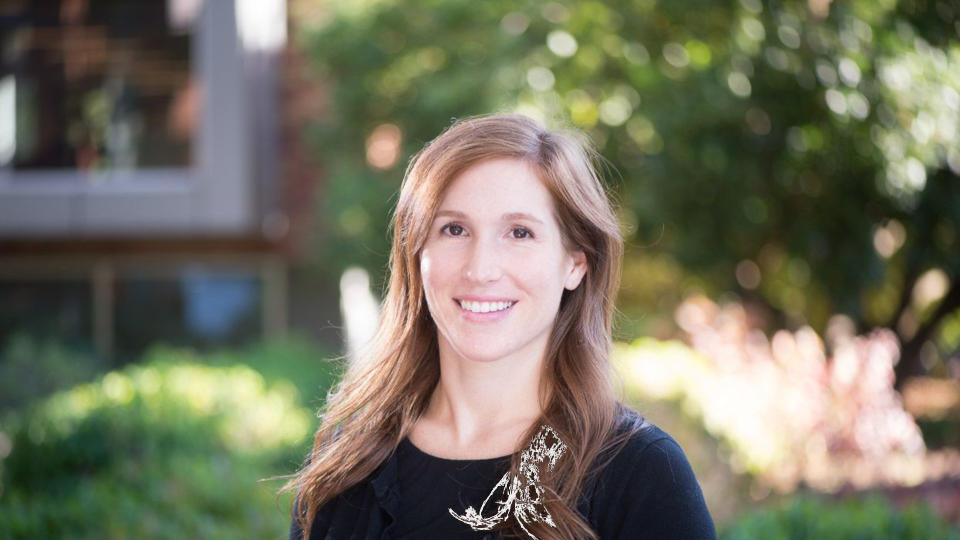
Annie Cole is a finance expert and women’s money coach, but she once struggled with her own finances.
Find Out: I’m a Retired Boomer: Here Are 3 Debts You Should Definitely Pay Off Before Retirement
Learn More: 7 Reasons You Shouldn’t Retire Before Speaking To a Financial Advisor
“In my 20s, I was making $26,000 as a social worker and felt completely overwhelmed at the thought of living that way for the rest of my life,” she told GOBankingRates. “I started exploring all of my options when it came to career and personal finances.”
Now, Cole, who is the author of “101 Ways to Earn More, Build Wealth and Live Rich in Your 30s,” has a seven-figure net worth and is on track to retire at age 45. Here’s what she did to turn her finances around and prepare for an early retirement.
Earning passive income doesn’t need to be difficult. You can start this week.
She Made a Career Pivot
Although it can be daunting to start a new career — especially if you have taken an educational path toward a specific job — sometimes it’s necessary to make big moves to secure your financial future.
“I remember taking a week off from my social work job to try to recover from the burnout I was feeling, but of course one week wasn’t enough to recover from crisis response work,” Cole said. “At that moment, I had a choice to make — I could either stick it out with my current career or make an intentional shift to a career that was both rewarding and paid a higher salary. That week, I left my social work career and began my transition into a new career field — higher education.”
Cole made intentional career moves every few years and slowly climbed up the ladder.
“I was new to the field of higher education, so I had to take an entry-level job to break my way in,” she said. “Once I was in, I made intentional advancements every few years to keep growing my skill set, adding to my resume and raising my annual salary.”
Some moves were internal, such as taking advantage of promotional opportunities, while others required her to move to another organization.
“Every time, I was thoughtful about what I wanted to get out of the new job — either a leg up to further my career, or better pay and benefits,” Cole said. “These moves continued to offer me higher levels of leadership and responsibility.”
Be Aware: Cutting Expenses for Retirement? Here’s the No. 1 Thing To Get Rid of First
She Asked For Raises and Promotions
Cole didn’t just get the raises and promotions handed to her — she advocated for herself along the way.
“This was such an important part of my financial journey,” she said. “I regularly asked for raises and promotions, and negotiated my salary when moving into a new position. I didn’t do this every now and then — I did it every single time I could.
“If I had tapped out promotional opportunities in one setting, I moved on to a new setting to keep my career growth going,” Cole continued. “I got comfortable with having uncomfortable conversations and learned what it really means to advocate for my self-worth.”
She Changed Her Focus From Financial Stability to Financial Growth
“For many years, I had a simple Excel budget sheet that I would check every so often to see if I was still spending less than I was making. That helped me stay afloat, but it didn’t help me build wealth,” Cole said. “It wasn’t until I started thinking bigger, and writing down bigger financial goals, that I started making the moves necessary to start building wealth.”
For example, one year she set the goal of having $10,000 in her savings account.
“It inspired me to spend under my means for an entire year,” Cole said. “If I hadn’t written down that goal, I probably would have continued living paycheck to paycheck and not even thinking about my long-term financial goals.”
She Focused Heavily on Investing
“You cannot save your way to wealth,” Cole said. “Believe me, I’ve tried!”
Even when she was earning $26,000, she still prioritized investing.
“If I could invest $25 a month, I would do it,” Cole said. “That built a habit of regularly investing every month. Any time I would have extra cash or get a pay raise, I wouldn’t raise my lifestyle costs. Instead, I would add that new money into my investment account, helping me reach a big balance years sooner than planned.”
When you invest, your wealth compounds over time.
“If you were to save $500 a month for the next 30 years, you would have $180,000,” Cole said. “If you invest that $500 a month? You’ll have over $1 million in 30 years. That’s $850,000 earned that you did not have to contribute! Investing is key to accelerating your money growth.”
Cole started by investing in retirement accounts, then opened a brokerage account, and more recently invested in real estate. She now owns three townhomes totaling $1 million in market value.
“At this time, I’m on track to retire by age 45 based purely on my stock market investments,” she said. “If I were to include my real estate cash flow, plus passive income received through my book sales and online course sales, I may be able to retire even sooner!”
More From GOBankingRates
This article originally appeared on GOBankingRates.com: I Was Making $26K, Now I’m Planning To Retire at 45: 4 Ways I Prepared My Finances
